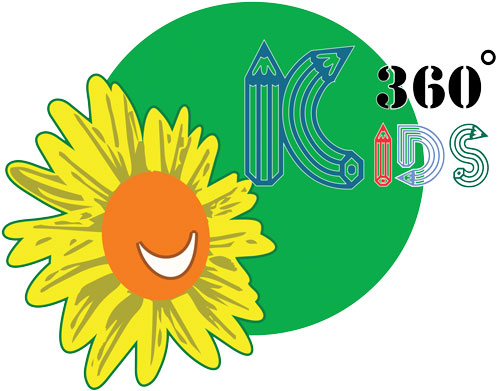Young children begin play school at different stages of physical, social, emotional, language, and cognitive development. Their physical growth and maturation are important aspects of their overall development. During the preschool years, children need to establish a positive attitude towards health, safety, and physical activities in order to build a foundation for lifelong participation in and appreciation for healthy living. This can be achieved by ensuring that opportunities are provided for Kindergarten children to participate daily in a range of engaging, developmentally appropriate physical activities. As well, young children need to be introduced to concepts that promote a healthy, safe lifestyle.
Learning about healthy living includes more than being physically active. Kindergarten children need to explore and discuss the effects of physical activity, proper nutrition, and proper hygiene, as well as the effects of unhealthy choices. Safety is an integral part of being healthy, so young children need to start learning how to identify safe and potentially unsafe situations, how to handle them, and when to ask for help. The expectations related to safety need to be integrated into all areas of learning rather than taught in isolation.
The future health and well-being of young children are directly related to the development and strengthening of both their large and small muscles. Gross-motor control, also known as large-muscle control, involves the purposeful control and stabilization of major body movements, balance, and coordination. Fine-motor control, also known as small-muscle control, involves the manipulation of materials and tools and the use of hand-eye coordination. It is important for students use both large and small muscles in a variety of contexts.
Young children are encouraged to work cooperatively with others and to persevere with their own physical activities. Expectations for health and physical activity are organized under two subheadings: Health and Well-Being, and Physical Development and Activity. Because young children learn in an integrated way, these concepts, particularly those related to safety, need to be incorporated into all areas of their learning. Young children need to engage in enjoyable and stimulating learning activities that encourage exploration of their world; promote physical skills; enhance neural processing; and develop a general awareness of their bodies’ needs, limitations, and capabilities. Learning opportunities should take into account children’s interests, prior experience, changing needs, and increasing knowledge in all areas of learning.
Young children need to learn to make responsible, informed choices to develop, maintain, and enjoy healthy, safe lifestyles. Preschool children will be at varying points along the continuum of development. It is the teacher’s role to provide developmentally appropriate activities for all children in order to ensure their safety and success. It is important that children develop positive attitudes towards and values that promote participation in physical activities. Learning to make healthy choices and participating in daily physical activity will provide young children with a foundation for overall well-being.
OVERALL EXPECTATIONS
By the end of Kindergarten, children will:
1.Demonstrate an awareness of health and safety practices for themselves and others and a basic awareness of their own well-being;
2.Participate willingly in a variety of activities that require the use of both large and small muscles;
3.Develop control of large muscles (gross-motor control) in a variety of contexts.
4.Develop control of small muscles (fine-motor control) in a variety of contexts.

